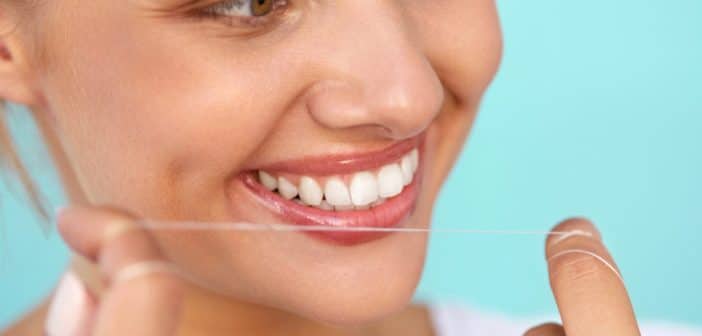 According to the National Survey on Drug Use and Health (NSDUH), every year more than 21.5 million US adults battle drug addiction that affects their physical and mental well-being. Drug addiction often results in weight loss, damage to the lungs, stomach, and brain, severe skin deterioration, and even hair loss, all of which can linger long after drug use has ceased and recovery has commenced.
According to the National Survey on Drug Use and Health (NSDUH), every year more than 21.5 million US adults battle drug addiction that affects their physical and mental well-being. Drug addiction often results in weight loss, damage to the lungs, stomach, and brain, severe skin deterioration, and even hair loss, all of which can linger long after drug use has ceased and recovery has commenced.
Drug use can also lead to poor oral hygiene and severe teeth damage. Many addicts spend such a large portion of their time intoxicated that they almost completely neglect their oral hygiene. They also have to contend with the direct impact various drugs such as marijuana, cocaine, and heroin has on their teeth and gums. It is of pertinent importance to be aware of how various drugs affect the teeth and gums and to make improved dental hygiene a priority during recovery.
Different Drugs Affect The Mouth in Different Ways
Heroin addiction has been linked to severe dental problems as it not only dries out the mouth but also results in severe cravings for sweet things. Although legal in many parts of the world, marijuana can still have a very adverse effect on your mouth. According to a study published in the Journal of the American Medical Association, heavy users are as much as 60% more likely to experience gum disease than non-users.
‘Meth Mouth’ Common in Heroin Users
Cocaine users often rub the substance on their gums for a fast ’high,’ a dangerous habit that can lead to very painful mouth ulcers as well as damage to the jaw bone. Cocaine use can also cause bruxism (grinding of the teeth), which can not only wear the teeth down but cause jaw pain as well. The common pattern of tooth decay in heroin users is known as ‘meth mouth’ and has been found by a study published in the Journal of the American Dental Association to even affect intravenous heroin users.
Practice Good Dental Hygiene at Home
Apart from regular visits to your dentist, you can also help boost your recovery by practicing good dental hygiene at home. One of the easiest and most effective ways to better the condition of your mouth is by brushing your teeth twice a day as well as engaging in other dental health practices such as regular flossing and using a quality mouthwash. If you have never flossed before and battle to get the hang of it, considering getting yourself a water flosser that is not only easy to use but also reaches the places in your mouth a toothbrush and regular floss can’t. If you are a smoker, try and cut down on the number of cigarettes you smoke a day and avoid sweet, sugary foods and drinks when possible to try and slow down tooth decay. And of course beware of chewing gum addiction.
What Does Professional Dental Treatment Entail?
The treatment your dentist prescribes is determined by the drugs you used and how badly damaged your teeth and gums are. Rotting teeth either need fillings, crowns or, if the damage is too severe, to be pulled. Your dentist may choose to prescribe a strong fluoride treatment that reduces the risk of further decay. Once your situation has been fully assessed and all bad teeth have been removed, your dentist may recommend anything from dental implants and partial dentures to veneers and full dentures to improve your appearance and give you a wonderful confidence boost.
Reversing some of the damage caused to your teeth by your addiction is very possible, considering both the extent of the damage and your willingness to adhere to strict oral hygiene guidelines. By closely working with a dedicated dental care team and doing your part at home you will soon have the confidence to smile in public again.
Sponsored DISCLAIMER: This is a paid advertisement for California Behavioral Health, LLC, a CA licensed substance abuse treatment provider and not a service provided by The Fix. Calls to this number are answered by CBH, free and without obligation to the consumer. No one who answers the call receives a fee based upon the consumer’s choice to enter treatment. For additional info on other treatment providers and options visit www.samhsa.gov.




